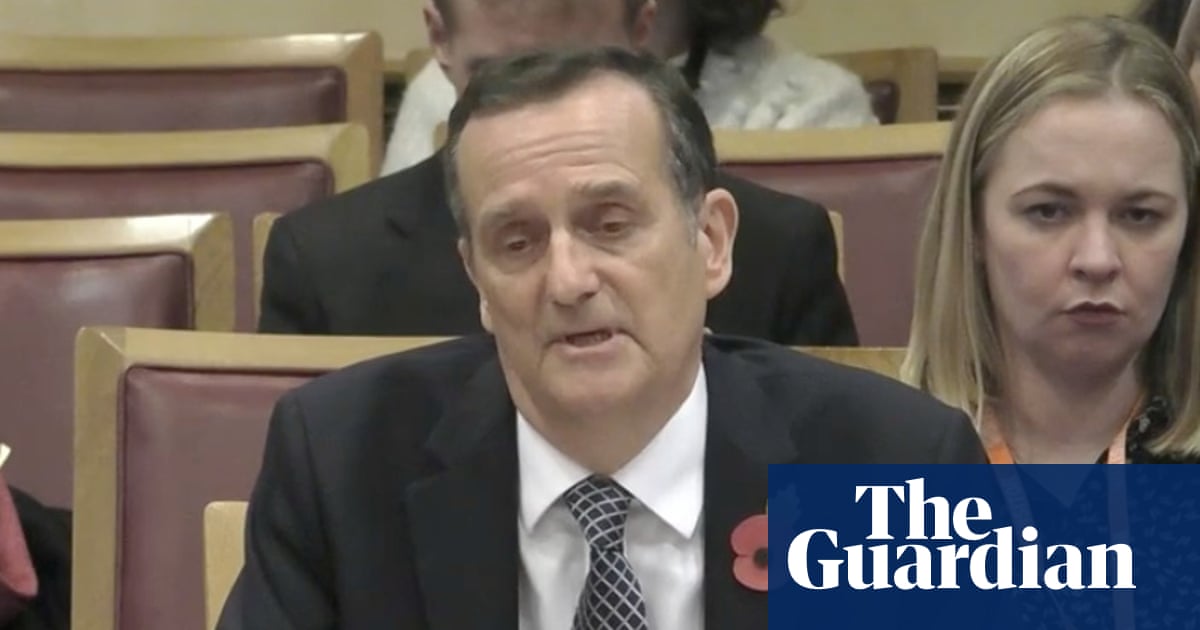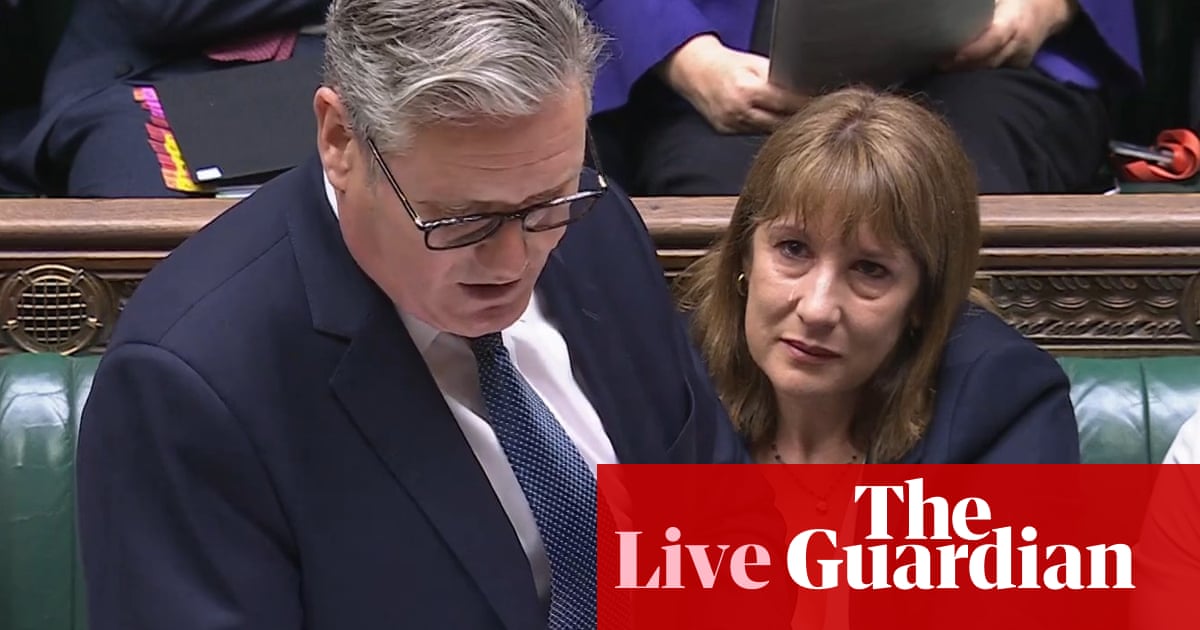Organised crime groups in the UK are making millions every year from illegally dumping and burning rubbish, peers have told ministers, after an inquiry found a lack of enforcement made it a “low-risk, high-reward” criminal enterprise.
“Criminality is endemic in the waste sector,” a Lords committee told the government on Tuesday, after it found at least 38m tonnes of waste was illegally managed every year, “leading to serious environmental, economic and social consequences”.
Within 18 months, officials must carry out a “root and branch review” of responses to waste crime, explaining why so many serious transgressions have been allowed and ending a “merry-go-round” where members of the public trying to report crimes are passed from agency to agency with none taking responsibility, the report said.
The letter on Tuesday to Emma Reynolds, the environment secretary, followed an investigation by the Lords environment and climate change committee that found multiple failures by authorities responsible for tackling illegal waste dumping.
According to evidence heard by the committee, waste crime costs the UK economy £1bn a year in clean-up, enforcement costs and lost revenues to legitimate businesses and the taxman – with up to £150m evaded in landfill tax alone.
“We have heard credible evidence of numerous specific examples of the failure of the Environment Agency to: pursue repeated reports of serious waste crime; effectively utilise the powers available to it to stop the mass, illegal dumping of waste; and bring effective, timely and successful prosecutions against the perpetrators of serious and organised waste crime,” the letter said.
“We are unimpressed with the lack of interest shown by the police in fulfilling their role by bringing to bear their expertise in tackling serious and organised waste crime, which is a subset of, and gateway to, other forms of serious and organised crime including drugs and money laundering.”
As a result of the lack of effective enforcement, organised criminals were well established in a sector they see as a “low-risk opportunity to make large sums of money” and where “there is little chance of criminals being brought to justice”.
“The record of successful prosecutions and other penalties is woeful,” peers said.
The letter highlighted what it described as the “egregious events” at Hoad’s Wood in Kent, a site of special scientific interest.
Members of the public first reported fly-tipping at the site in 2020, but it took until January 2024 for the Environment Agency to obtain a restriction order. By that time, more than 30,000 tonnes of household and construction waste had been dumped there, in mounds up to 4.5 metres (15ft) high.
An Environment Agency spokesperson said: “Waste crime is toxic and causes serious harm to people, places, the environment, and the economy. We recognise the recommendations of the report and are committed to doing more.
“Last year alone, our dedicated teams shut down 462 illegal waste sites and prevented nearly 34,000 tonnes of waste being illegally exported - showing that we can make real change despite the challenges involved.
“With additional officers, and working closely with other partners, we are bringing these criminals to justice and stopping illegal activity through tough enforcement action and prosecution. The public can also help to stop waste criminals by reporting any suspicious waste activities to our anonymous helpline.”

.png) 3 hours ago
3
3 hours ago
3

















































